"An entertaining guide to some of the best short novels of all time looks at works from the eighteenth century to the present day, spanning multiple genres, cultures, and countries"--
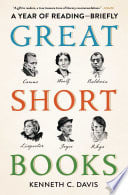
Average Rating
Informations
About the author
Kenneth C. Davis
Author
Kenneth C. Davis is an American history author, known for his series of books titled "Don't Know Much About".
Great Short Books
by Kenneth C. Davis
Books Like Great Short Books
If you're looking for books similar to Great Short Books, here are some recommendations based on themes, tone, and narrative style.
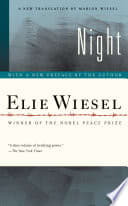
Night
Elie Wiesel
A powerful memoir documenting the author's experiences during the Holocaust. Wiesel's concise, devastating account provides an intimate perspective on one of history's darkest periods. The book's brevity amplifies its emotional impact, offering a direct, unfiltered narrative of human suffering and resilience. Its precise, unflinching prose makes it a crucial work of historical testimony.
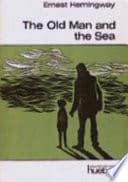
The Old Man and the Sea
Ernest Hemingway
A classic novella about an aging Cuban fisherman's epic struggle with a giant marlin. Hemingway's minimalist prose captures a profound human story of perseverance and dignity in the face of overwhelming challenges. The book demonstrates how a short narrative can explore deep existential themes with remarkable economy of language. Its tight narrative and rich symbolism make it a quintessential example of powerful short-form literature.
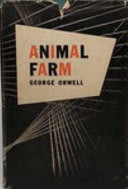
Animal Farm
George Orwell
A concise allegorical novella that critiques political systems through the story of farm animals overthrowing their human masters. The book uses a short, powerful narrative to explore complex themes of power, corruption, and social hierarchy. Orwell's precise writing style and compact storytelling make it an ideal recommendation for readers interested in impactful, brief literature. The novel serves as a brilliant example of how a short book can deliver profound political commentary.
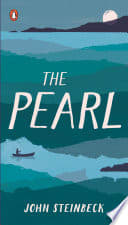
The Pearl
John Steinbeck
A powerful novella about a poor pearl diver whose life is transformed by a valuable discovery. Steinbeck's tightly constructed narrative explores themes of greed, hope, and social inequality. The book demonstrates how a short story can deliver complex social commentary through a personal, emotionally resonant tale. Its precise prose and profound insights make it a compelling short work.
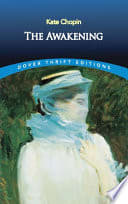
The Awakening
Kate Chopin
A groundbreaking novella about a woman's journey of self-discovery and rebellion against societal constraints. Chopin's concise narrative explores themes of female independence and personal liberation. The book's tight structure allows for a deep examination of gender roles and individual agency. Its revolutionary perspective makes it a significant short work.
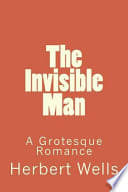
The Invisible Man
H.G. Wells
A pioneering science fiction novella about a scientist who discovers the secret of invisibility. Wells uses a compact narrative to explore themes of scientific ethics, isolation, and human nature. The book's brevity allows for a focused exploration of the psychological implications of extraordinary abilities. Its innovative concept and tight storytelling make it a classic short work.
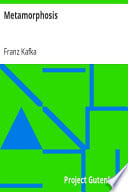
The Metamorphosis
Franz Kafka
A surreal novella about a man who wakes up transformed into a giant insect, exploring themes of alienation and identity. Kafka's precise, unsettling narrative demonstrates how a short work can deliver profound psychological insights. The book's compact form intensifies its exploration of human disconnection and societal expectations. Its unique storytelling approach makes it a remarkable example of innovative short fiction.
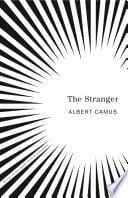
The Stranger
Albert Camus
A philosophical novella exploring existentialism through the story of an emotionally detached man. Camus uses a compact narrative to examine themes of absurdity, alienation, and individual moral responsibility. The book's tight structure allows for a deep dive into the protagonist's psychological landscape. Its minimalist style and profound philosophical questions make it a quintessential short work.
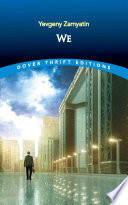
We
Yevgeny Zamyatin
A pioneering dystopian novella about a rigidly controlled society that suppresses individual freedom. Zamyatin's precise narrative explores themes of technological control and human resistance. The book's brevity intensifies its critique of totalitarian systems. Its influential style predates and influenced later dystopian works.
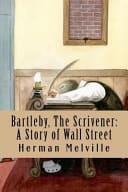
Bartleby, the Scrivener
Herman Melville
A novella about a lawyer's mysterious employee who passively resists work. Melville's precise narrative explores themes of alienation, bureaucracy, and individual resistance. The book's compact form allows for a nuanced exploration of psychological and social dynamics. Its enigmatic protagonist and philosophical depth make it a remarkable short work.
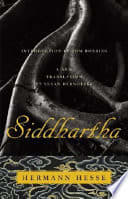
Siddhartha
Hermann Hesse
A philosophical novella following a young Indian man's spiritual journey towards enlightenment. Hesse's concise narrative explores complex philosophical and spiritual themes through a deeply personal quest for understanding. The book's brevity allows for a focused exploration of individual transformation and inner peace. Its elegant, contemplative style makes it an excellent companion to works exploring human experience.
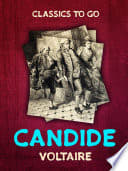
Candide
Voltaire
A satirical novella critiquing philosophical optimism through a young man's absurd adventures. Voltaire's witty, concise narrative provides a biting commentary on social and philosophical ideas of his time. The book's compact form allows for rapid, incisive social critique. Its humor and philosophical depth make it a remarkable example of short-form philosophical literature.
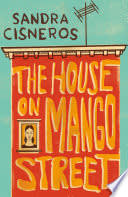
The House on Mango Street
Sandra Cisneros
A vignette-style novella exploring a young Latina girl's coming of age in Chicago. Cisneros uses a series of short, poetic chapters to create a powerful narrative of identity and community. The book's innovative structure allows for a nuanced exploration of cultural experience. Its lyrical prose and compact storytelling make it a unique short work.
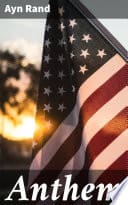
Anthem
Ayn Rand
A dystopian novella exploring individualism in a collectivist society. Rand's concise narrative presents a stark critique of totalitarian systems and the importance of individual identity. The book's compact form allows for a focused exploration of philosophical and political themes. Its provocative ideas and tight storytelling make it a notable short work.
No account connected — sign in to comment.
